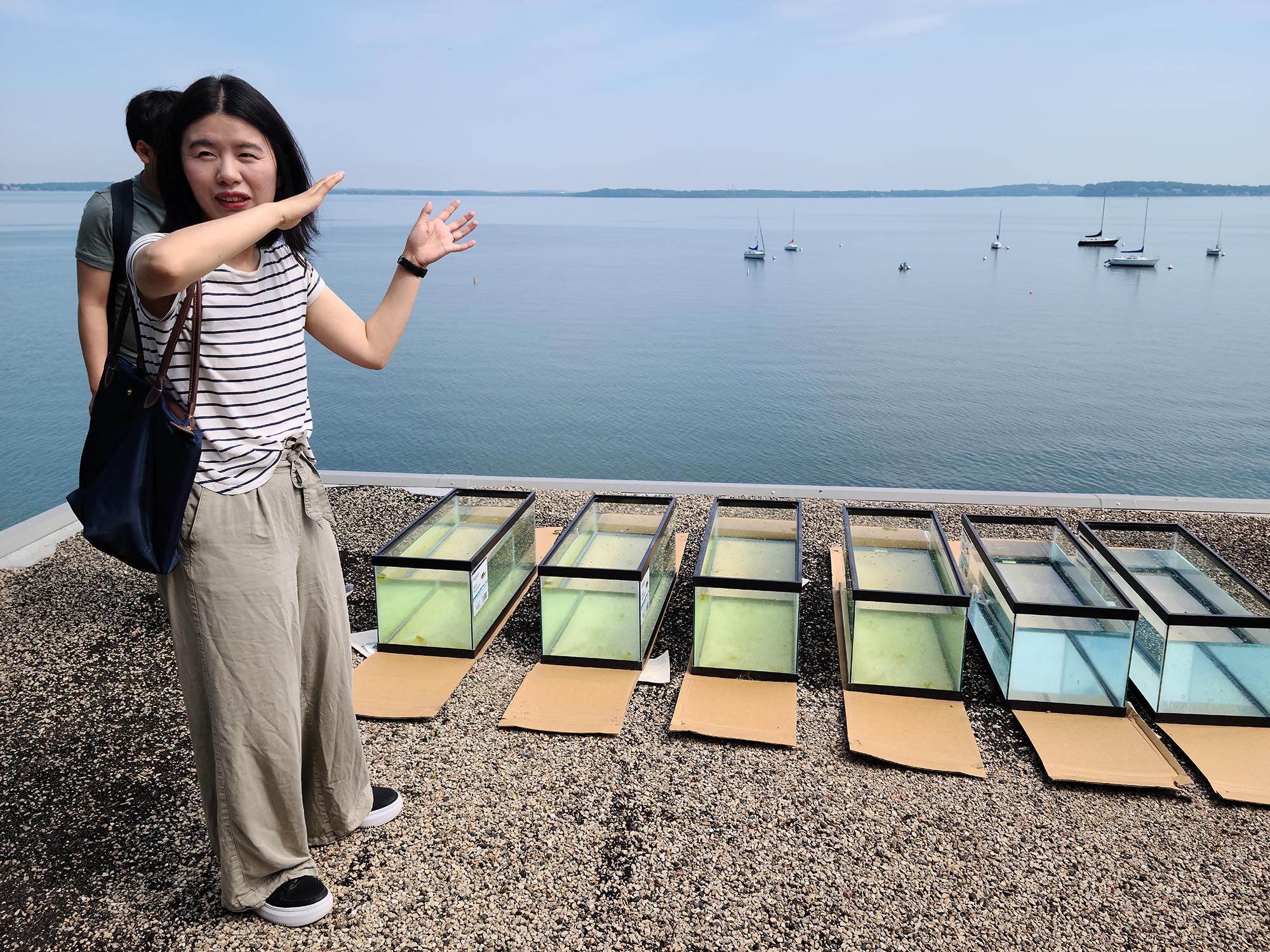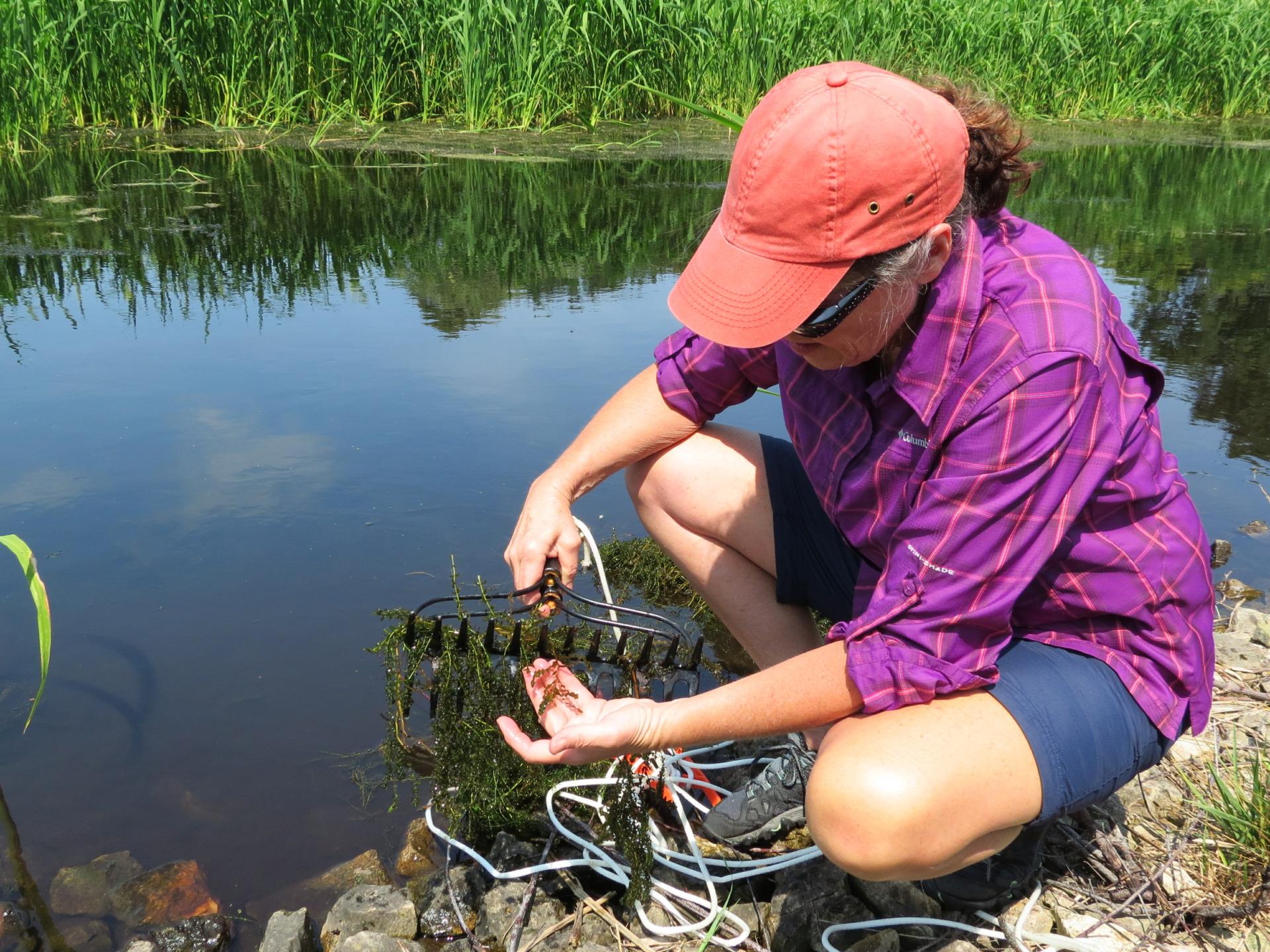The University of Wisconsin Sea Grant Institute is hosting a public meeting from 5 – 8 p.m., Thursday, Oct. 27, at the Jewish Community Center at 6255 N. Santa Monica Boulevard, Milwaukee. Members of the public are invited to participate as part of an ongoing study regarding changing Lake Michigan water levels and coastal bluff management. Doors will open at 4:30 p.m.
“At this meeting, we will present findings and ideas that have emerged from three previous public meetings with local experts and community members. Next, we will engage participants to help us prioritize possible actions and resources that local residents and officials feel will be the most useful and effective in increasing the resiliency of coastal bluffs in Milwaukee and Ozaukee counties,” said David Hart, project lead from Wisconsin Sea Grant.
Northern Milwaukee County and southern Ozaukee County are characterized by high coastal bluffs and ravines that are vulnerable to physical forces, which could result in collapse. Given the rise of Lake Michigan’s water levels—beginning in 2013 following a long period of low water levels—the bluffs could be even more susceptible to failure due to erosion.
A diverse team coordinated by Wisconsin Sea Grant is reviewing scientific data and gathering public input about bluff management as part of an 18-month study. The result will be the identification and prioritization of policy options and decision tools for local governments and adaptive actions by coastal property owners that lead to more resilient bluffs and ravines, while maintaining healthy coasts.
The project is part of a broader study of Great Lakes water levels led by the Graham Sustainability Institute at the University of Michigan. For more information on this project, visit http://graham.umich.edu/activity/32193





